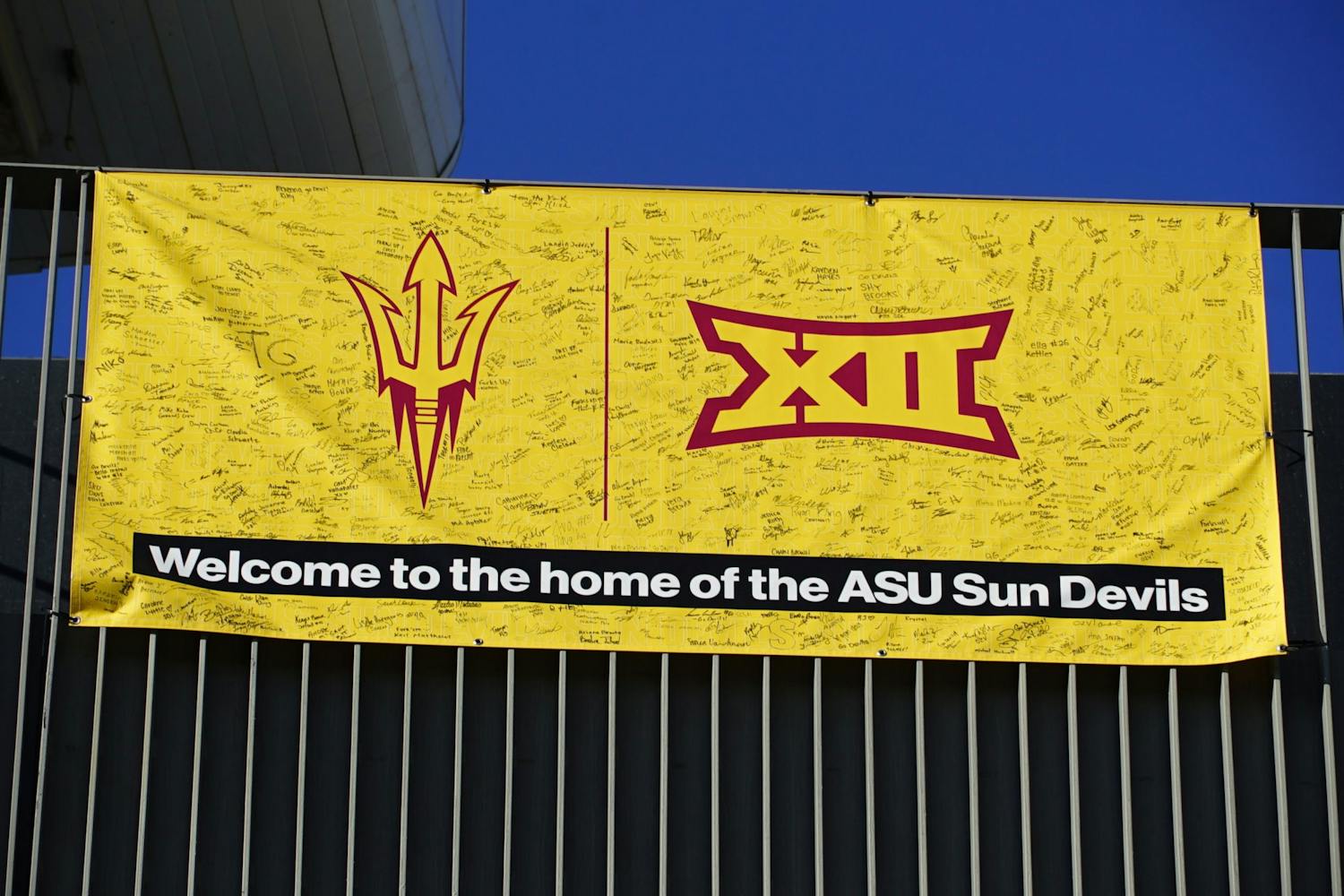This week, The State Press will tackle the local political candidates and ballot measures that Arizona residents will vote upon on Election Day, Nov. 8. Stay up to date with political guides and how-to's throughout the rest of the election season.
This campaign season has proven to be more polarizing than most elections of the past, due to disgruntled voters who are unenthusiastic about both Hillary Clinton and Donald Trump.
Many of these conflicted voters are considering a write-in vote to express their political defiance of the two-party system. However, many of these voters may not realize that there are rules and stipulations to a write-in vote.
Voters in Arizona cannot 'write in' just anyone
In 35 of the 50 states, there is a requirement that mandates a write-in presidential candidate must file paperwork with the Secretary of State's office in order to be on the official write-in candidate listing.
If the write-in vote is someone who is not on the pre-approved list, then the vote does not count.
Arizona is one the states that requires paperwork in order to file for candidacy. This paperwork includes an extensive amount of requirements and deadlines that are specific to each state.
There are eight states that allow anyone's name to be written on the ballot and do not require registration: Alabama, Delaware, Iowa, New Hampshire, New Jersey, Oregon, Vermont and Wyoming.
Meanwhile, there are seven states that do not permit write-ins at all: Arkansas, Hawaii, Louisiana, Mississippi, Nevada, Oklahoma and South Dakota.
Bernie Sanders is not on the pre-approved ballot list in Arizona
Several voters have contemplated writing in former Democratic candidate Bernie Sanders on Nov. 8 instead of Trump or Clinton. However, Sanders is not on the official write-in candidate listing in the state of Arizona, although he is on the ballot in other states, such as California.
The reason Sanders is on the California ballot and not on the Arizona ballot is that California leaves its official write-in list in the hands of its electors. The law requires that 55 electors declare a person a write-in candidate.
In Arizona, candidates must apply to be write-in candidates on the ballot themselves.
However, Sanders chose not to put himself on the ballot in states where he was eligible after endorsing Democratic nominee Hillary Clinton at the Democratic National Convention in July.
Voting third-party is not the same as voting a write-in
Voting for a third-party member has also become an increasingly attractive option for voters this election season.
Although Green Party candidate Jill Stein and Libertarian candidate Gary Johnson do not have as much popularity as Clinton or Trump, these candidates have a spot on the ballot in Arizona.
Because candidates like Johnson and Stein are represented by political parties, they have a spot on the ballot and do not have to be written in.
Is it even possible for a write-in candidate to win the presidency?
Because there are nine states who do not allow write-in votes, a write-in candidate starts out with a major disadvantage. Yet it’s not impossible for a write-in candidate to claim the presidency.
Even if a write-in candidate wins the popular vote, that candidate still has to be elected by the Electoral College. When voting on Election Day, we vote for the Electors, who then vote on behalf of residents of each state when they meet to elect nominees.
There is no constitutional obligation that says Electors have to vote for the candidate that won the popular vote. Typically, the Electors vote for their party’s nominee when it comes to casting Electoral College votes. However, some states deem it unlawful to vote against their particular electoral region.
There are a total of 538 electoral votes. In order to win the presidency, a write-in candidate would need 270 electoral votes.
Reach the reporter at vkeys@asu.edu or follow @VKeys1231 on Twitter.
Like The State Press on Facebook and follow @statepress on Twitter.




